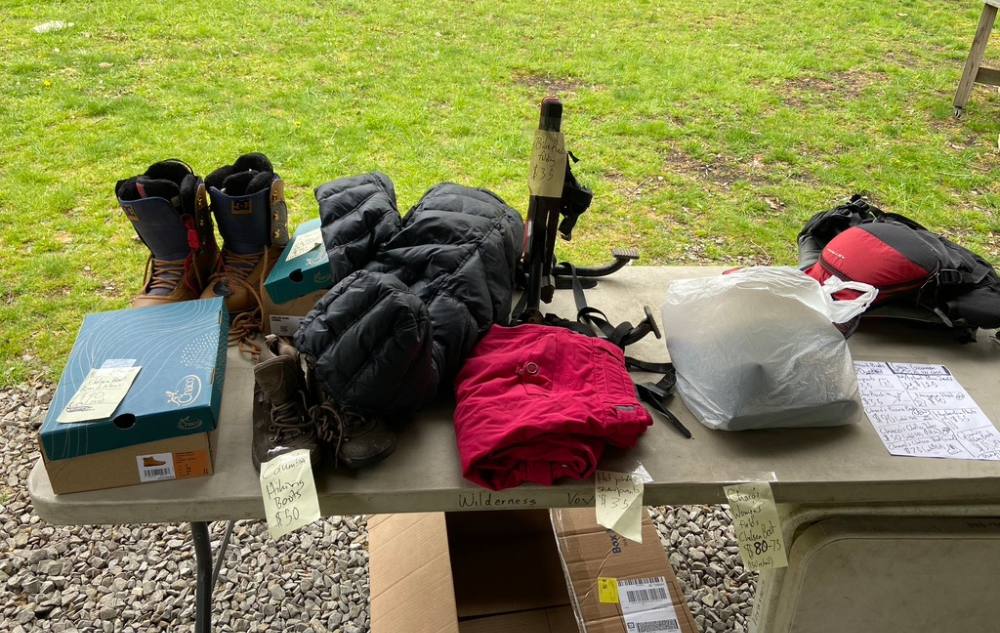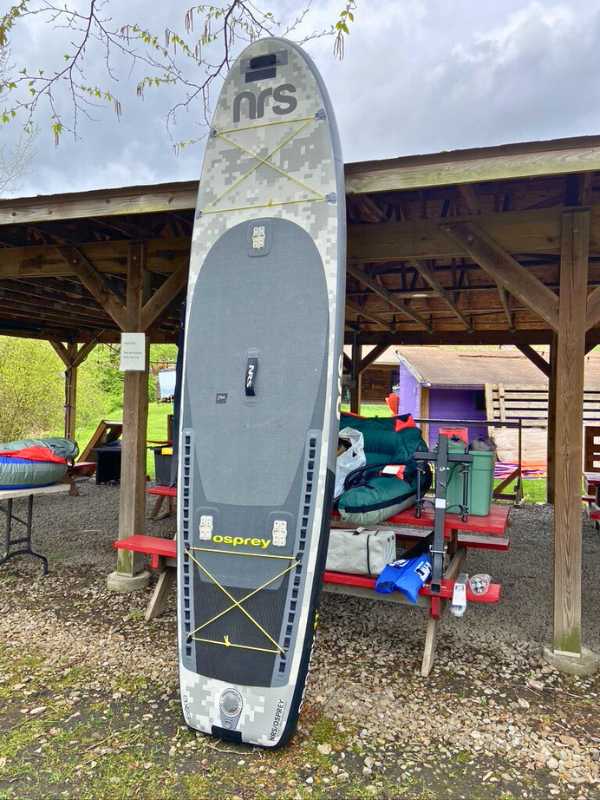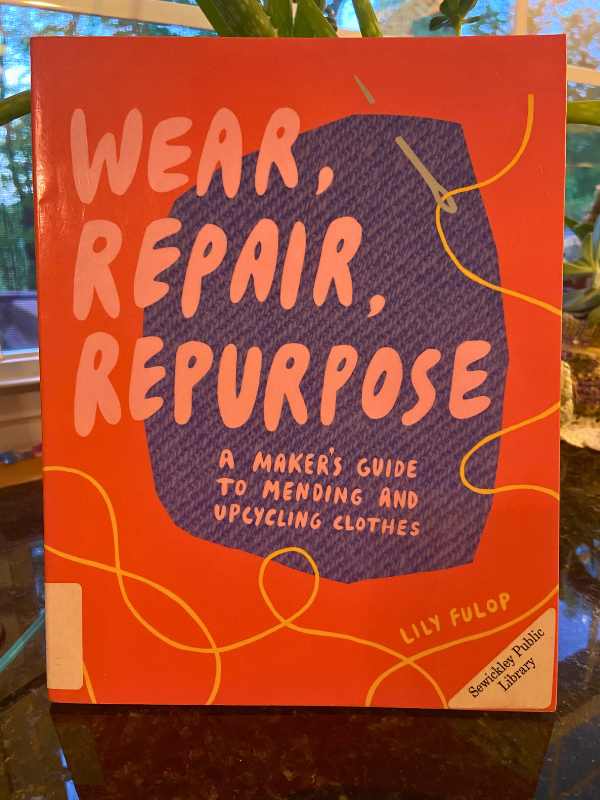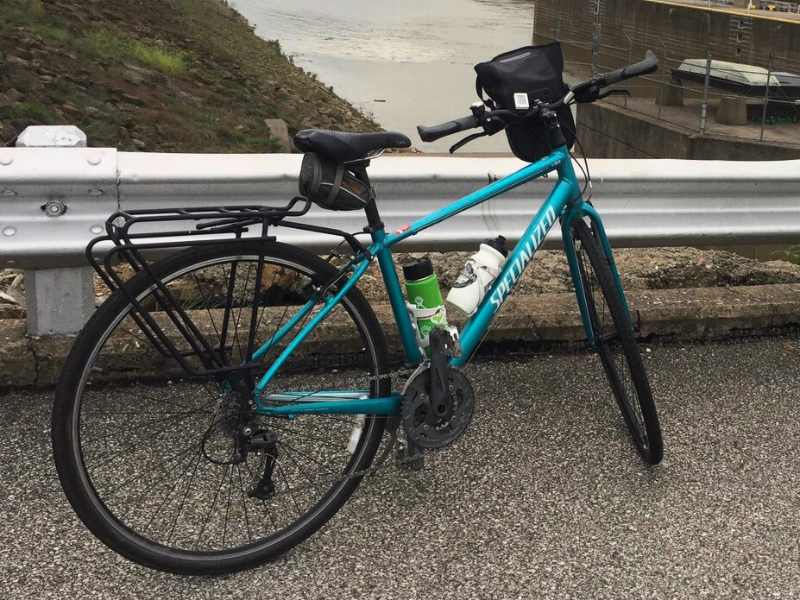Spending time outdoors is so rewarding, but acquiring the recreational gear you need can get pricey. But it doesn’t have to be!
During the pandemic, over 7 million Americans sought outdoor recreation as a way to stay active and have fun. Forbes magazine reported that, as a result, “The outdoor recreation industry has grown 6.7% per year on average in the U.S. between 2018 and 2023, with a significant jump from 2020 to 2021. In addition, the sporting goods industry in the U.S. has increased faster than the economy overall.”
Americans are finding joy in nature. With that joy comes an increased demand for outdoor clothing, as well as gear for a variety of activities, from fishing and hunting to kayaks and bicycles. Recent statistics from Sports & Outdoors – Worldwide project that there will be continued growth in the outdoor recreation industry sector as Americans’ interest in the outdoors intensifies.
As an avid outdoor recreational enthusiast, I know first-hand how much it can cost to support my outdoor adventures. I have learned many ways to acquire and upcycle gently used outdoor recreational clothing and gear.
Here are my tried and true tips for how to acquire and upcycle outdoor gear for a fraction of the cost.
Participate in gear swaps or consignment events.
Clean out your closets, garage, and basement, and sell your clothing and equipment at a gear swap. You can make a few dollars, recycle unwanted items, and avoid the landfill.
Here are some helpful brands and programs I recommend:
- Wilderness Voyageurs is the 3rd largest outfitting company in the U.S. They hold frequent gear swaps where individuals can sell their gently used outdoor equipment. Buyers can acquire gear at a significantly reduced price from market retail value. You can choose to either set up a table and sell your stuff yourself, or consign your equipment and retain a certain percentage of the sale price when items sell. Wilderness Voyageurs also offers a sales rack with up to 70% off last season’s styles. Many of the brands on this rack are sustainable, conscientious companies who have a reputation for producing long-lasting gear.
- REI has its Reduce, Reuse, and Reimagine Used Gear and Trade-In program. Sellers can trade in items for a gift card to purchase other outdoor recreational equipment, clothing, and gear from REI. Some REI stores may organize local garage sale events, typically at the manager’s discretion. You can also become an REI co-op member, which gives you access to new and gently used clothing, gear, and equipment at significantly reduced prices.
- SoSendy is an online marketplace where you can buy, sell, or rent sporting equipment and gear. This app boasts a broad range of equipment, allowing you to try a new sporting activity without breaking the bank. Consider cleaning out your garage and closets, then use the money generated from your consignment sales to fund a new outdoor activity you’ve yet to try!
- Consignment shops, Goodwill stores, and garage and tag sales are all great alternatives to purchase or sell recreational clothing, footwear, accessories, gear, and equipment. Some stores, such as The Goodwill, use profits to assist people with employment placement services, job training, and other community-based services.
Extend the life of your existing gear.
Keep the gear you have in good condition by taking advantage of repair events near you. This means buying high-quality, durable items from brands who stand behind their products and are committed to their longevity as much as you are.
- Patagonia holds Worn Wear events throughout the U.S., where you can extend the life of the Patagonia clothing you already own. In many instances, they will make clothing repairs free of charge right on the spot. If it is a more complicated repair, Patagonia will send the item to one of their Worn Wear repair facilities and return it to you once it’s mended. Through Patagonia’s Worn Wear online service, you can set up repair work for your existing outerwear, shop, or trade-in for something more desirable. For example, my partner sent in his favorite rainshell that had a tear for repair. Patagonia offered to refund the price of his rain shell, which was no longer available for sale. Still, my partner loved this shell so much that he wanted it repaired, not replaced. When the jacket arrived by mail, we were ecstatic about the repair. We could barely see where the repair was made. Patagonia also offers repair tutorials to help you fix minor clothing repairs.
- Smartwool is known for its sustainable, comfortable clothing, especially its socks. While their items may seem a little pricey, Smartwool stands by its products. They offer a 100% satisfaction guarantee if you are unsatisfied with your purchase or its durability.
Seek out small businesses near you.
What better way to give back to the community than to support small businesses near you? 3 Rivers Outdoor Company is a small, locally owned business in Pittsburgh and is one of my favorites! They support consignments where you can shop, sell, or donate outdoor recreational clothing, accessories, outdoor recreating gear, and equipment. When you consign with 3 Rivers, you can choose to send a percentage of your sale to a local non-profit organization that plants trees. A win-win-win for me, my local small business, and the planet!
Get a fair appraisal.
Bicycles can be an investment, but finding quality used bicycles at fair prices is easier with the Bicycle Bluebook. This website is similar to Edmunds or National Automobile Dealers Association (NADA) car appraisals, but it’s specifically for bicycles. When I sold my Vita Specialized in 2021, I was able to look up the value of my bike and sell it for a price that both the buyer and I felt comfortable with.
My Vita Specialized bike sold for $200 with pricing help from Bicycle Bluebook
As outdoor recreational adventurists, we are all looking for ways to try a new activity without breaking the bank.
When looking for gear, seek a fabulous deal on gently used, name-brand products that are durable and sustainable. In doing so, you can save money and prevent recreational clothing and gear from ending up unnecessarily in overflowing landfills.
Looking for more ways to make your closet more sustainable?
Check out our other posts and OPL’s Recommended Reads, which feature books about consumerism’s cost to the environment.

Written by Yvonne Dwyer
Master Naturalist and OPL Content Contributor
“It is truly an honor for me to be a contributor to One Planet Life. By sharing my experiences and lifetime of learning, I hope to inspire conservation, sustainability, stewardship, and awareness of enjoying the natural wonders of the world for the wellbeing of people and the planet.”













